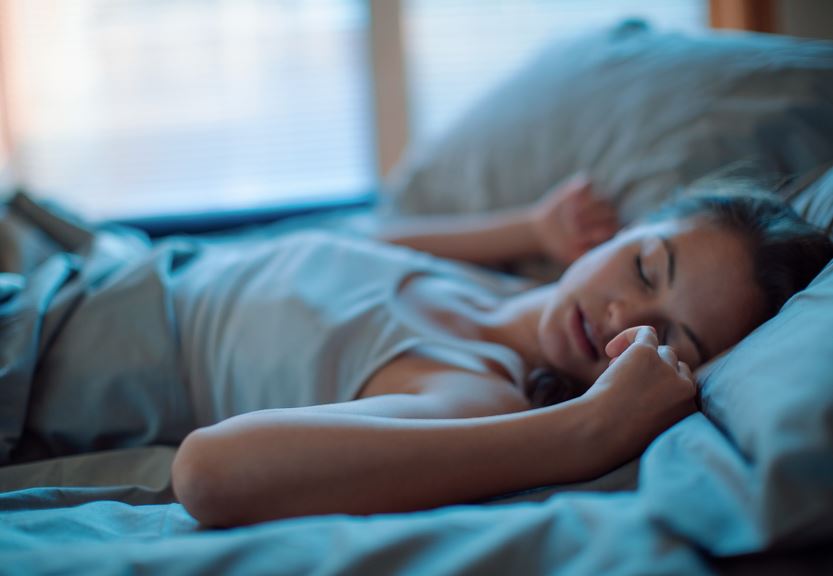
Known for causing momentary pauses in breathing, sleep apnea is a dangerous medical condition that impacts millions of people. Failing to take action can jeopardize your life. When living with sleep apnea, getting a good night’s rest definitely becomes a big challenge. Here are four solutions to help you rest better.
Work on Getting Fit
Research shows that being overweight dramatically increases your likelihood of experiencing sleep apnea. If you’ve put on some extra pounds over the years, now is the perfect time to become more active. Briskly walking an hour a day can make a big difference. Not only does exercising promote weight loss, but it also helps break up nasal congestion. Remember, eating a healthy diet is just as important as working out. Instead of dining out a fast food restaurants, opt to cook a balanced meal at home.
Bump up the Humidity
A humidifier is a worthwhile investment for sleep apnea sufferers. Dry air can make it harder for you to breathe at night. On the other hand, humidifying your bedroom will help clear your airways by promoting sinus draining. After using a humidifier for a few days, most people report freer breathing and noticeably less snoring.
Try a Different Sleeping Position
Your sleeping position has a direct impact on your breathing. While some people may prefer lying on their back, this can cause excessive snoring. According to a study performed by the National Institutes of Health, sleep apnea patients experience better rest when lying on their side. However, be sure to keep your head slightly raised on a pillow. Maintaining an elevated head position helps your airways to stay open.
Shy Away from Drinking Alcohol
Contrary to popular belief, alcohol does not improve your quality of sleep. It can actually decrease melatonin production, which is among the most important sleep hormones. Many people also overlook the fact that alcohol is a muscle relaxant. After having a few drinks, your throat muscles will gradually start to weaken. This will ultimately lead to more breathing difficulties at night. Sleep apnea doctors urge against heavy use of pain medications as well. They can be extremely disruptive to your sleep.
While overcoming sleep apnea requires a few lifestyle changes, it’s well worth the extra effort. You’ll be able to wake up with far more energy for the day ahead. Most importantly, the seriousness of your condition will be reduced.
Emma Sturgis
Recent Posts
- Castor Oil For Better Hair Growth: Is It Myth Or Fact?
- Exploring the Differences Between Sermorelin, Ipamorelin, Ibutamoren, GHRP2, and GHRP6: Understanding Their Role in Human Growth Hormone Regulation
- Unraveling the Mystery: Understanding the Causes and Prognosis of Ventricular Tachycardia Without Apparent Heart Disease
- Understanding Grandparents’ Rights in Oklahoma: Navigating Visitation and Legal Protections
- 10 Reasons to Consider Hypnotherapy for Your Health

